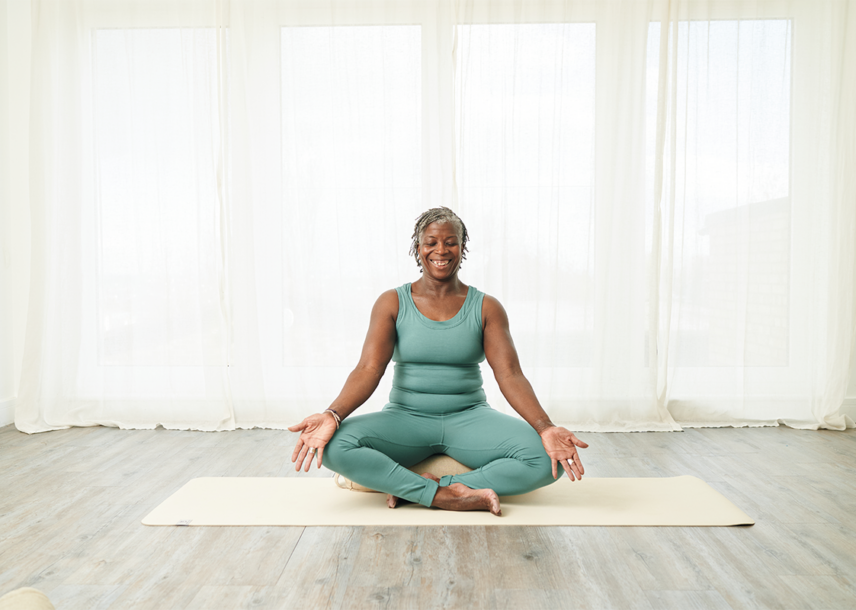- Empty cart.
- Continue Shopping
How to Create a Relaxing Meditation Routine

Finding moments of tranquility and inner peace is essential for our mental and emotional well-being. A meditation routine offers a powerful way to achieve this. These are practical steps to help you establish a relaxing meditation routine that promotes a sense of calm and balance in your daily life.
Set Clear Intentions
1. Define Your Goals
Consider why you want to incorporate meditation into your routine. It could be for stress relief, better focus, emotional healing, or spiritual growth. Understanding your objectives will guide your practice.
2. Choose a Suitable Space
Designate a quiet and clutter-free space where you can meditate. Ensure it is comfortable and conducive to relaxation. This could be a corner of a room, a cushioned area, or a peaceful outdoor spot.
Establish a Consistent Schedule
3. Choose Your Meditation Times
Select times that align with your daily rhythm. Whether it’s in the morning to start your day with calmness, during a break to reset, or in the evening for relaxation, consistency is key.
4. Start with Short Sessions
Begin with brief sessions, gradually increasing the duration as you become more comfortable. Even just 10-15 minutes can provide substantial benefits when practiced consistently.
Select a Meditation Technique
5. Mindfulness Meditation
Focus on being present in the moment, observing your thoughts, sensations, and surroundings without judgment. This practice enhances awareness and reduces stress.
6. Guided Visualization
Guided imagery or visualization involves imagining peaceful scenes or scenarios. It’s a powerful tool for relaxation and manifesting positive outcomes.
7. Body Scan
This technique involves directing your attention sequentially through different parts of your body, promoting relaxation and awareness of bodily sensations.
8. Breathing Exercises
Conscious breathing techniques like diaphragmatic breathing or alternate nostril breathing can calm the nervous system and facilitate relaxation.
Practice Consistent Breathing
9. Focus on Your Breath
Regardless of the technique, maintaining a steady and mindful breath is crucial. It serves as an anchor, keeping you grounded and centered.
10. Experiment with Breath Patterns
Explore different breath patterns, such as deep, slow breathing or rhythmic patterns, to find what resonates best with you.
Cultivate Patience and Compassion
11. Be Kind to Yourself
Meditation is a skill that develops over time. Avoid self-judgment or frustration if your mind wanders. Gently redirect your focus without criticism.
Incorporate Mindful Activities
12. Extend Mindfulness Beyond Meditation
Integrate mindfulness into your daily activities. Practice being fully present during routine tasks like eating, walking, or even washing dishes.
Seek Guidance and Resources
13. Use Meditation Apps or Guided Sessions
Explore meditation apps or online platforms that offer guided sessions, music, or calming sounds to enhance your practice.
14. Attend Classes or Workshops
Consider joining meditation classes or workshops, especially if you’re new to the practice. Professional guidance can deepen your understanding and offer valuable insights.
Reflect and Adjust
15. Regularly Assess Your Practice
Take time to reflect on your meditation routine. Consider what works well and what might need adjustment. Be open to evolving your practice as your needs change.
Conclusion: Nurturing Inner Peace Through Meditation
Creating a relaxing meditation routine is a transformative step towards nurturing inner peace and well-being. By setting clear intentions, establishing a consistent schedule, and exploring various techniques, you empower yourself to navigate life’s challenges with greater equanimity. Remember, the benefits of meditation extend beyond your practice, positively influencing your daily interactions and overall quality of life. Embrace this journey of self-discovery and find solace in the stillness within








